3-Day Milan, Italy: Enthralling Exploration Itinerary
Milan, Italy
3 days
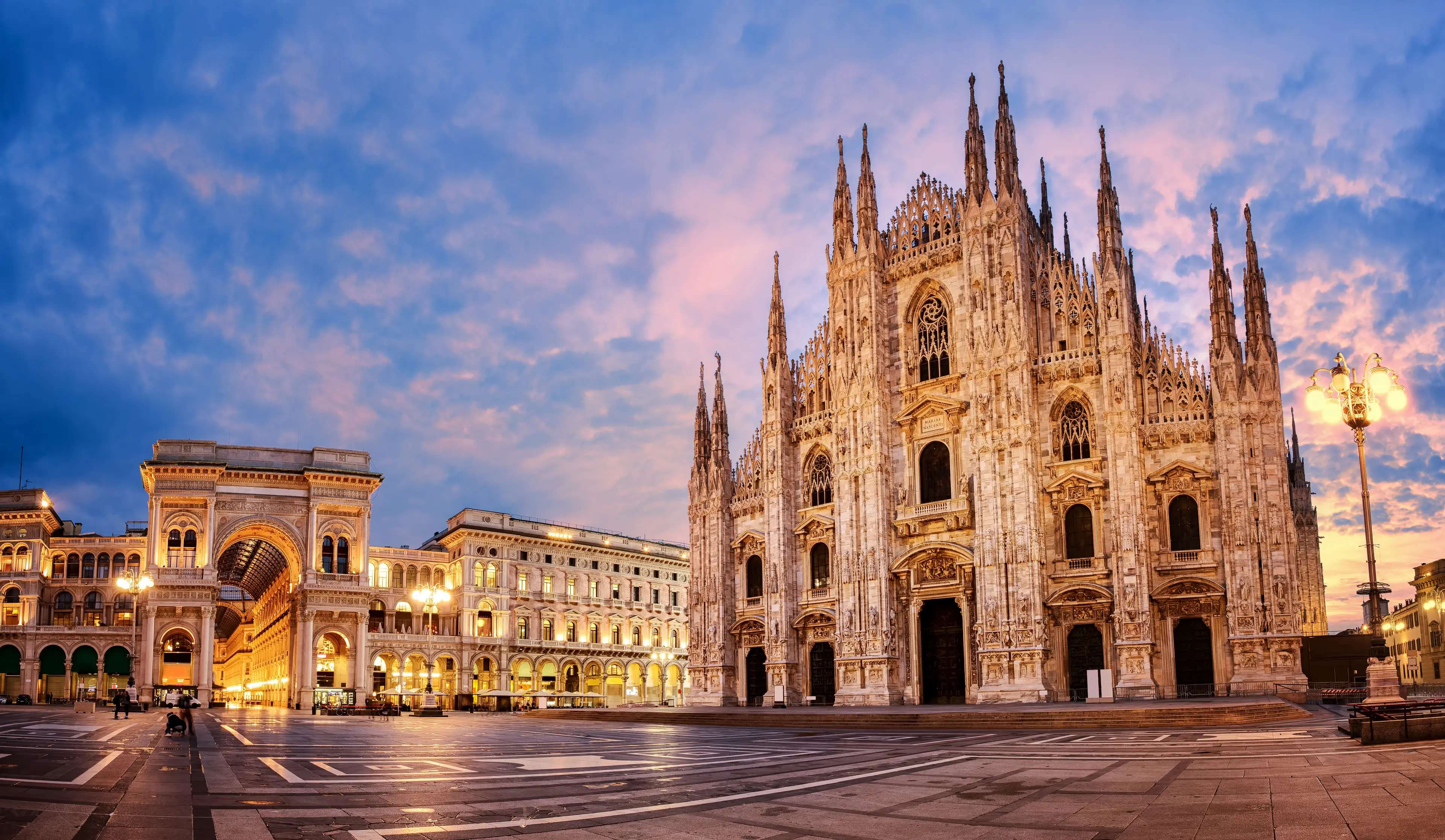
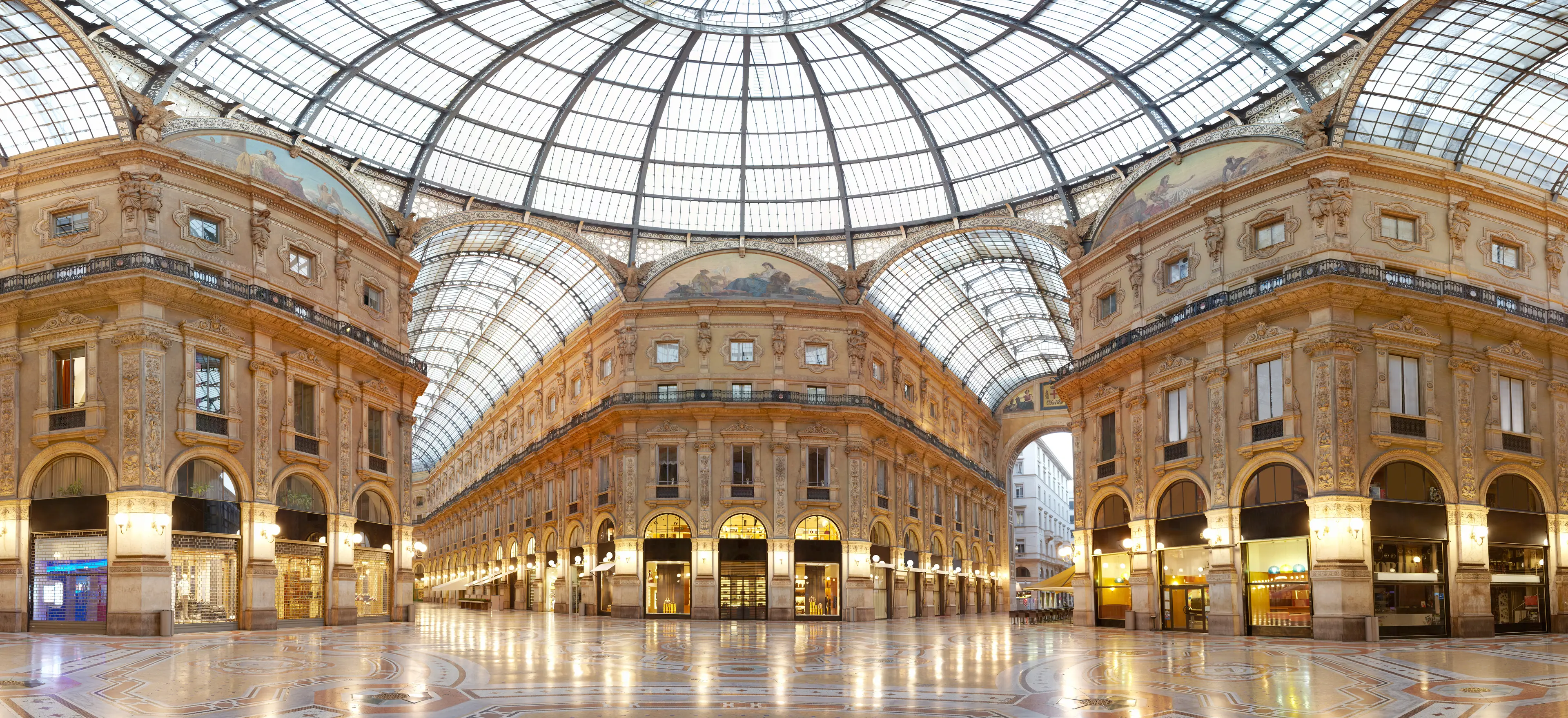
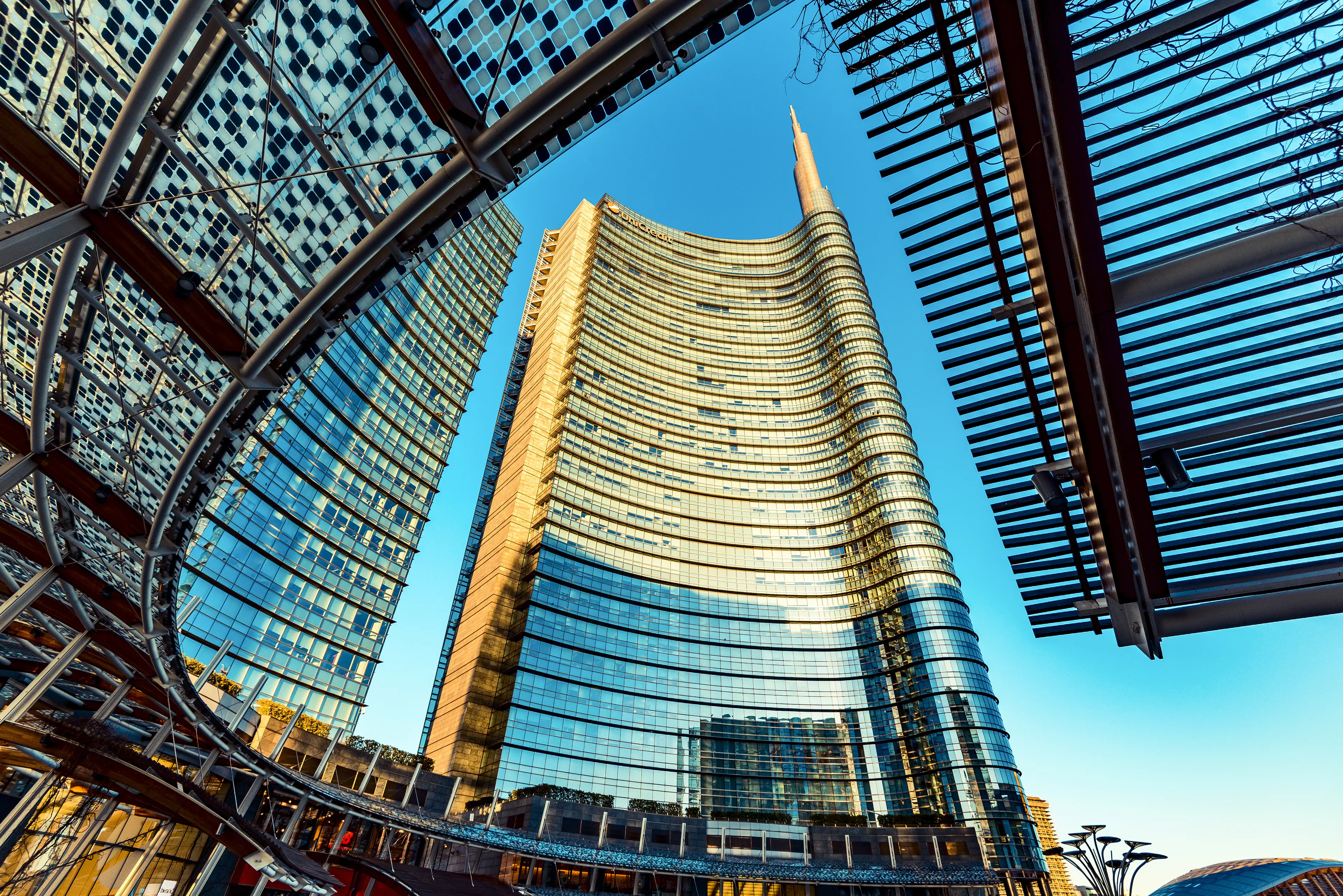
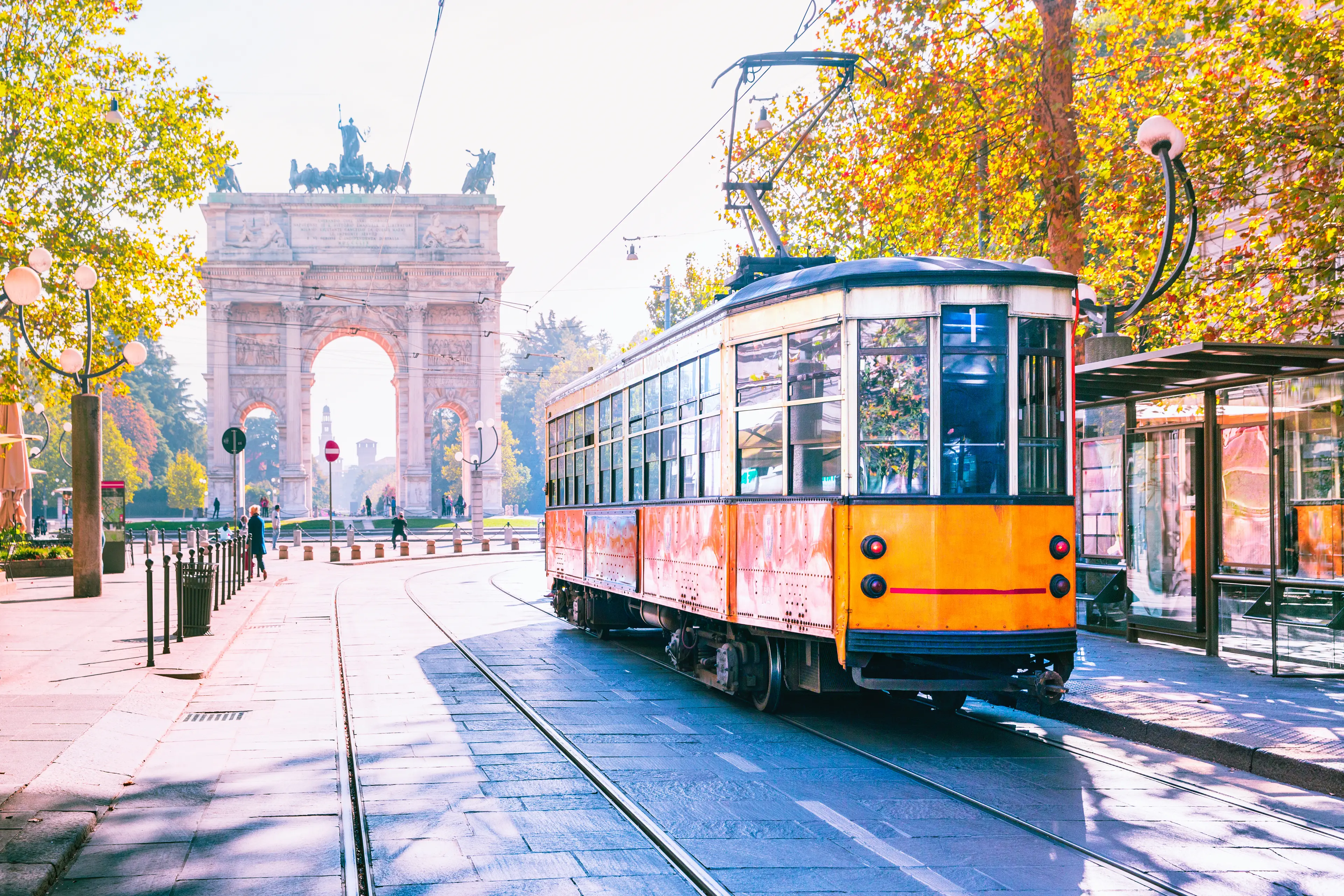
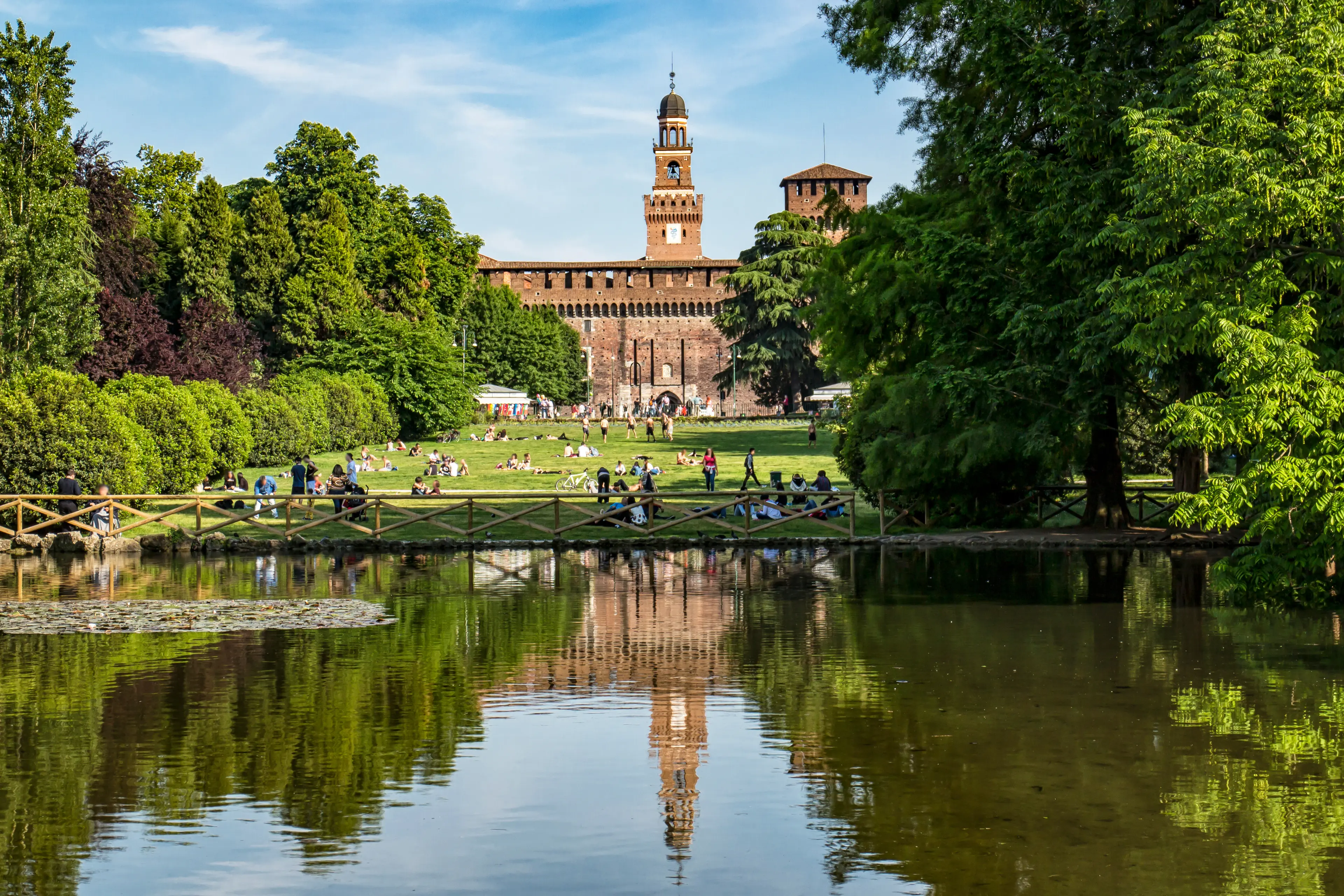
About Milan, Italy
Experience the allure of Milan, Italy's fashion and financial hub. This cosmopolitan city is a blend of historical architecture and modern skyscrapers. Visit the iconic Duomo di Milano, a grand Gothic cathedral, and marvel at Da Vinci's "The Last Supper" housed in Santa Maria delle Grazie. Shop in the world's oldest active shopping mall, Galleria Vittorio Emanuele II, or explore the high-end boutiques in Quadrilatero della Moda. Enjoy an opera performance at La Scala, one of the world's most famous opera houses. Indulge in Milan's culinary scene, from traditional Milanese risotto to innovative fusion cuisine. Milan is not just a city, it's an experience that combines art, culture, fashion, and food in a uniquely Italian way.
3-Day Itinerary
Day 2
Historical and Cultural Discoveries
Morning
Begin your second day with a visit to Castello Sforzesco, a historic castle that houses several museums and art collections. Explore the castle grounds and its museums at your own pace.
Lunch
Have lunch in a local café in the Corso Magenta district, where you can try Milanese specialties such as risotto alla Milanese or osso buco.
Afternoon
Spend your afternoon visiting Santa Maria delle Grazie, a UNESCO World Heritage Site that houses the famous 'Last Supper' by Leonardo da Vinci. Make sure to book your tickets in advance.
Dinner
Enjoy a gourmet dinner in a modern Italian restaurant in the Porta Nuova district, known for its contemporary architecture and upscale dining options.
Evening
End your day with a visit to the Teatro alla Scala, one of the world's most famous opera houses. Enjoy a performance or take a guided tour of the theatre.
Day 3
Parks, Shopping, and Farewell to Milan
Morning
Start your final day with a visit to Parco Sempione, a beautiful city park where you can enjoy a leisurely walk or rent a bike to explore the area.
Lunch
Have lunch in a traditional pizzeria in the Isola district, a trendy neighborhood known for its vibrant street art and eclectic mix of shops and restaurants.
Afternoon
Spend your afternoon shopping in the Quadrilatero della Moda, Milan's famous fashion district. Here you can find boutiques from world-renowned designers and high-end Italian brands.
Dinner
Enjoy your final dinner in Milan in a rooftop restaurant in the city center, offering stunning views of the city skyline.
Evening
End your trip with a visit to the Galleria Vittorio Emanuele II, a historic shopping arcade known for its impressive architecture and luxury shops. Take a leisurely stroll and enjoy a gelato or a glass of Italian wine.
Attractions in Itinerary (8)

1Duomo di Milano
One of the largest cathedrals in the world, this iconic masterpiece took over 600 years to complete.

2Pinacoteca di Brera
Located in the Brera district, the Pinacoteca di Brera is one of Italy's most important art collections. It houses masterpieces from artists like Raphael, Caravaggio, and Bellini.

3Castello Sforzesco
A historic castle that now houses several of the city's museums and art collections. It's a significant symbol of Milan and a place where you can learn about the city's history and culture.

4Santa Maria delle Grazie
Santa Maria delle Grazie is a church and Dominican convent in Milan, northern Italy, and a UNESCO World Heritage Site. The church contains the mural of The Last Supper by Leonardo da Vinci, which is in the refectory of the convent.

5Teatro alla Scala
One of the leading opera and ballet theaters in the world. It's a beautiful historic building where you can enjoy high-quality performances.

6Parco Sempione
A large city park in downtown Milan, offering beautiful landscapes, monuments and a tranquil escape from the city bustle.

7Quadrilatero della Moda
One of the world's most important fashion districts, home to boutiques and showrooms of major luxury brands. It's a must-visit for fashion enthusiasts.

8Galleria Vittorio Emanuele II
One of the world's oldest shopping malls, housed within a four-story double arcade in central Milan.
Local Food and Drinks (12)

Risotto alla Milanese
A classic Milanese dish, Risotto alla Milanese is a creamy, saffron-infused risotto dish that is a staple in Milanese cuisine.
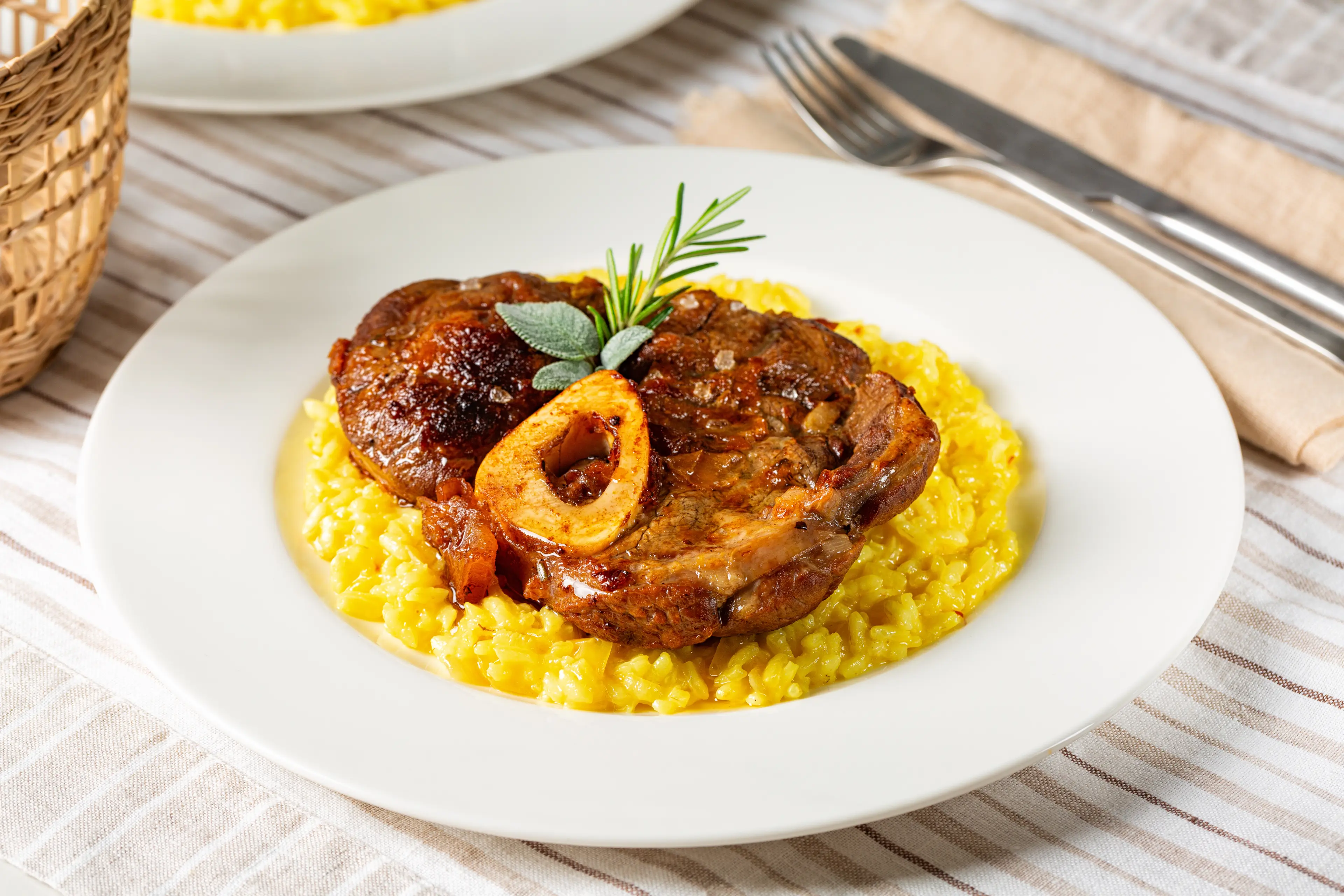
Ossobuco
Another traditional Milanese dish, Ossobuco is a slow-cooked veal shank, typically served with a side of Risotto alla Milanese.
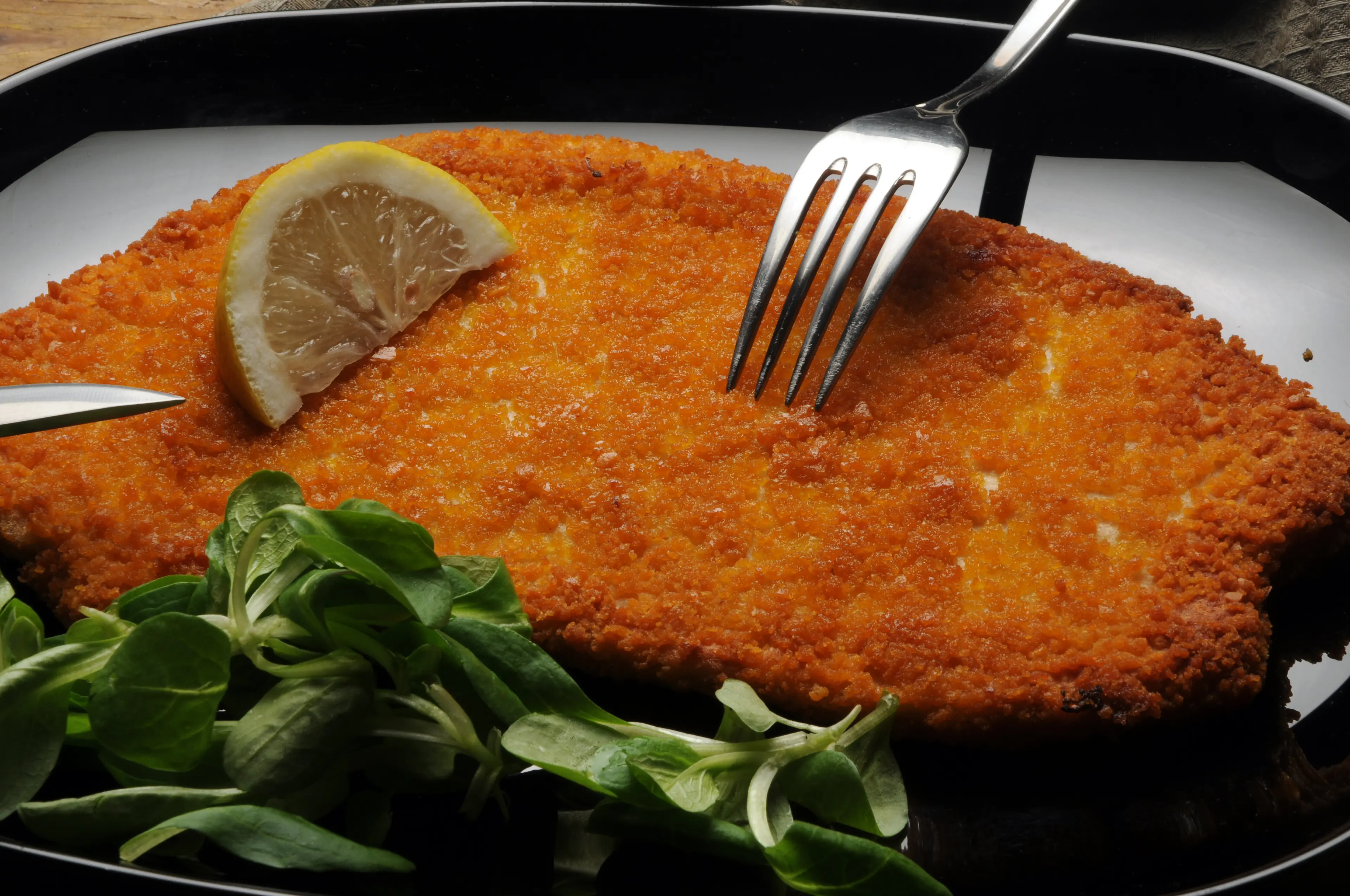
Cotoletta alla Milanese
This is Milan's version of the breaded cutlet, made with veal and typically served with a lemon wedge.

Panettone
Panettone is a traditional Italian Christmas cake that originated in Milan. It's a sweet, yeasty bread filled with dried fruit and citrus zest.

Cassoeula
A hearty winter dish, Cassoeula is a stew made with pork meat and cabbage, a staple in Milanese cuisine.
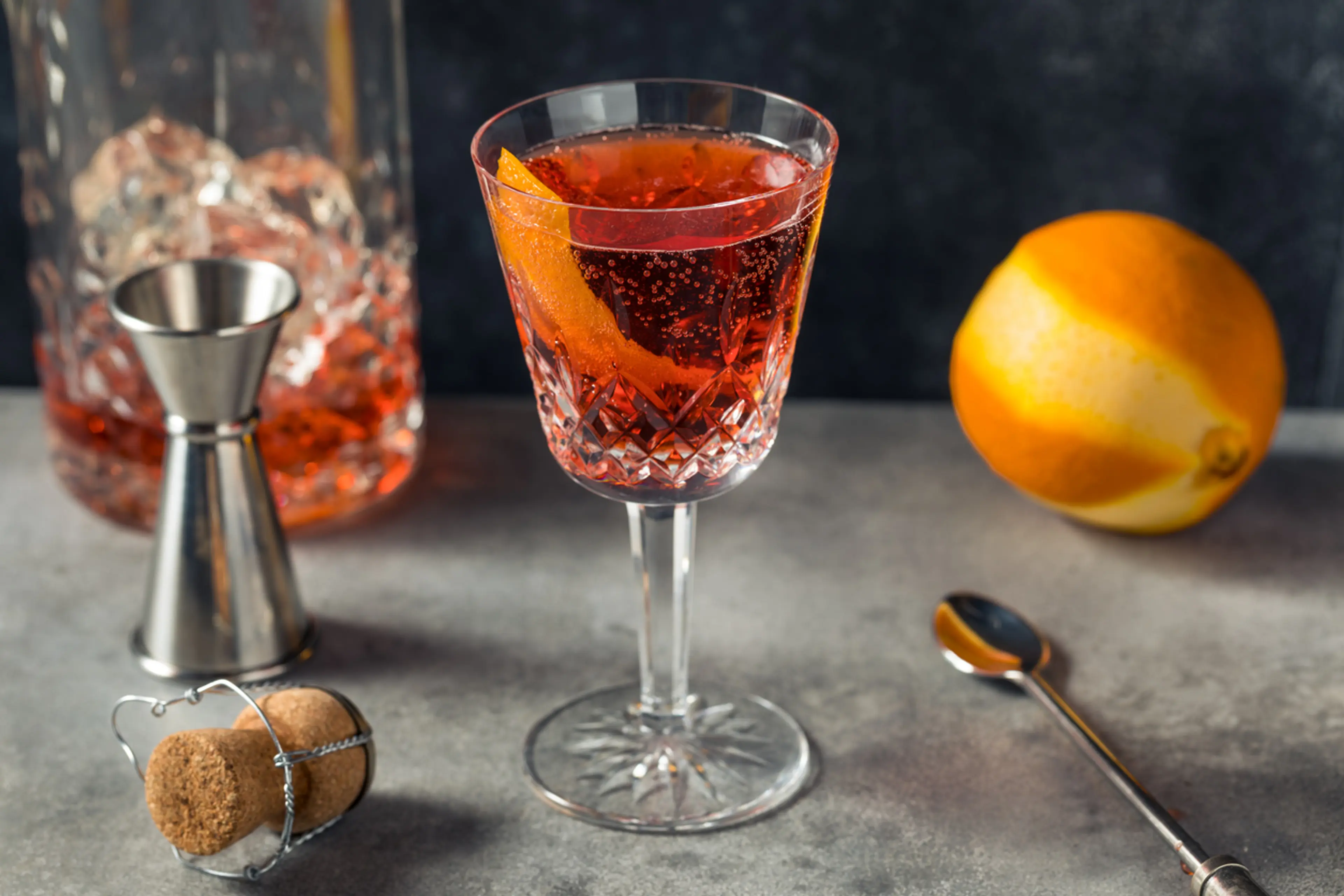
Negroni Sbagliato
Invented in Milan, Negroni Sbagliato is a twist on the classic Negroni cocktail, replacing the gin with sparkling wine.
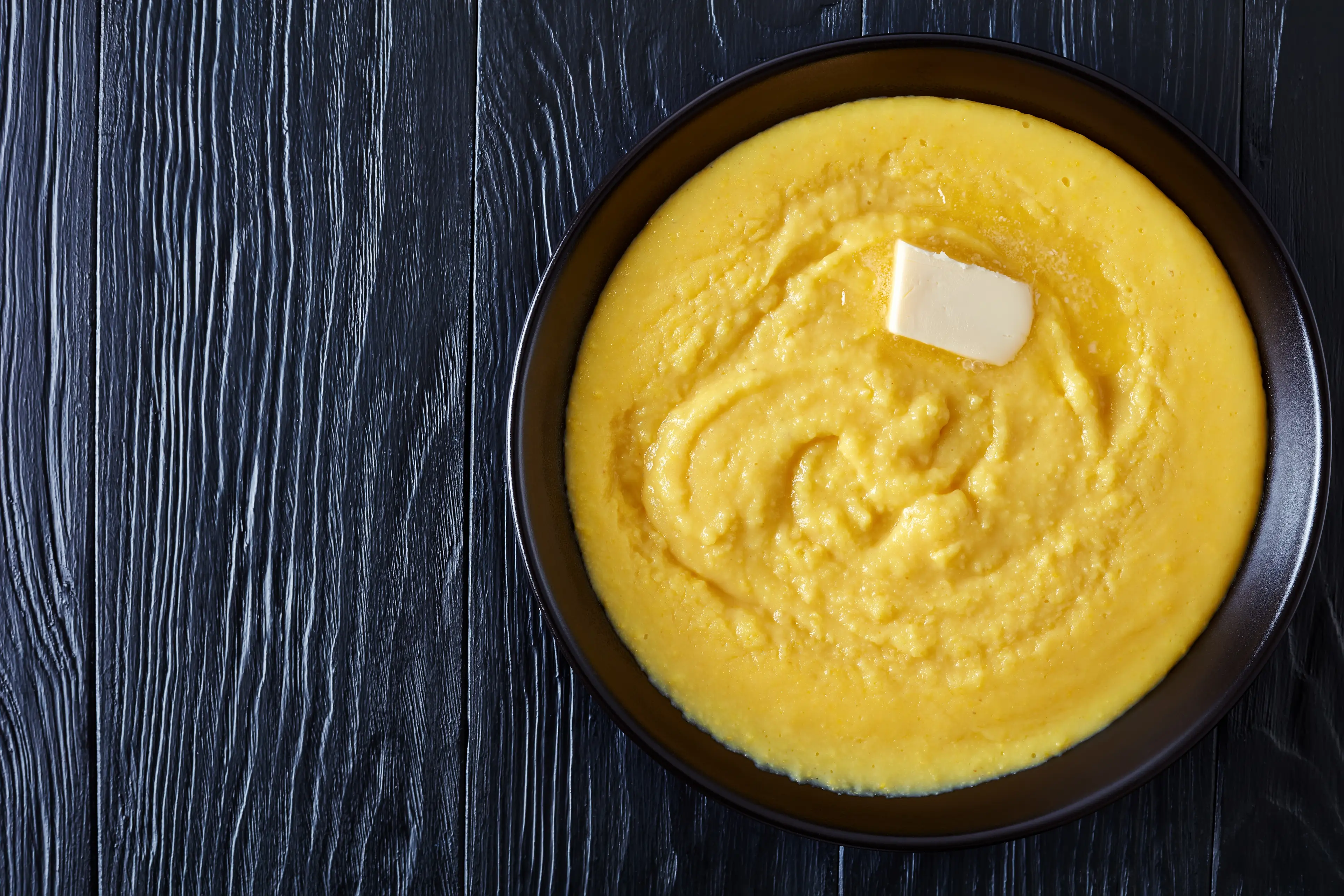
Polenta
Polenta is a common side dish in Milan, made from cornmeal and can be served creamy, or allowed to cool and then baked, fried, or grilled.

Mondeghili
Mondeghili are Milanese meatballs, traditionally made from leftover meats and served as an appetizer.
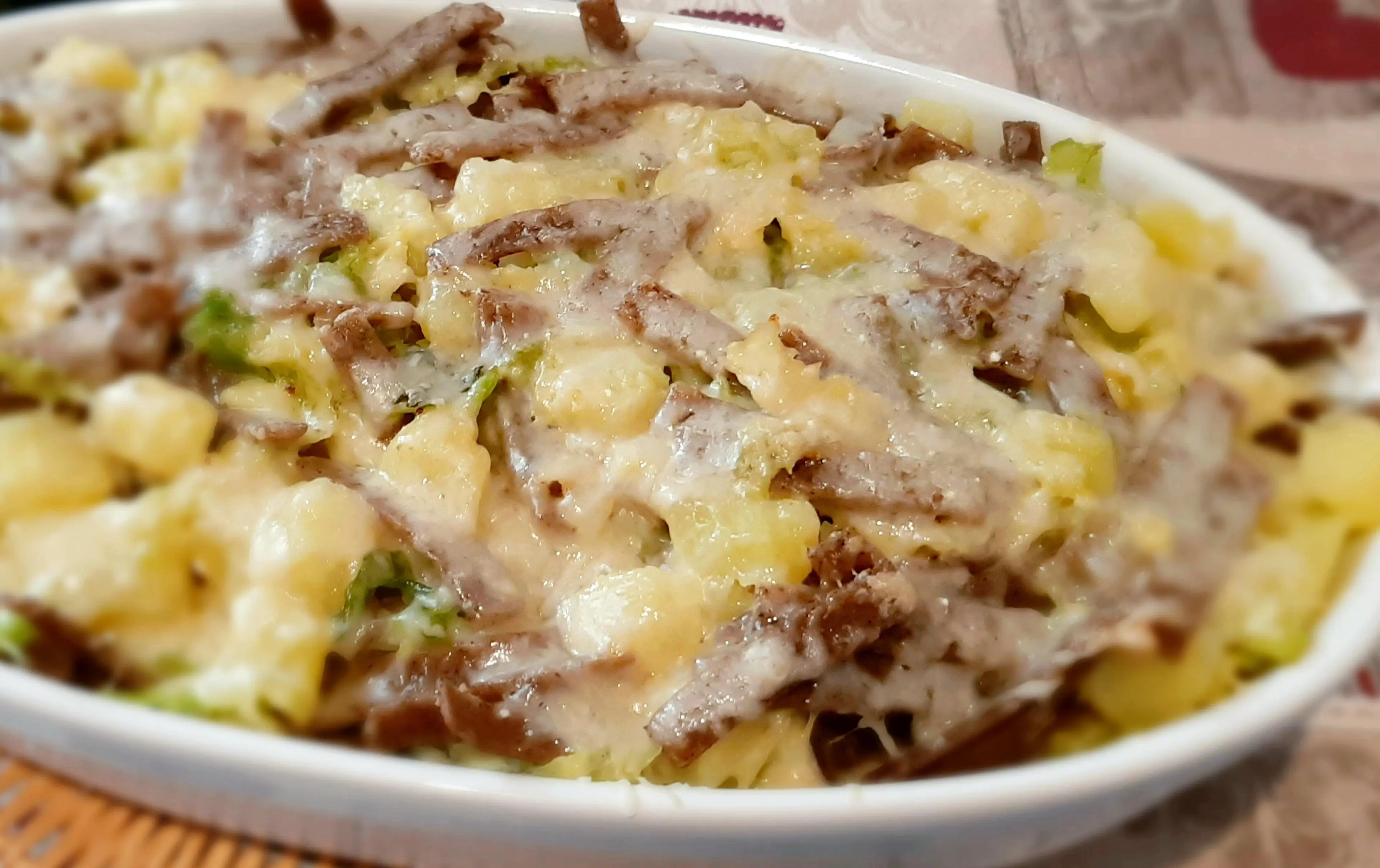
Pizzoccheri
Pizzoccheri is a type of pasta, made with buckwheat flour and served with potatoes, cabbage, and cheese, a popular dish in northern Italy, including Milan.
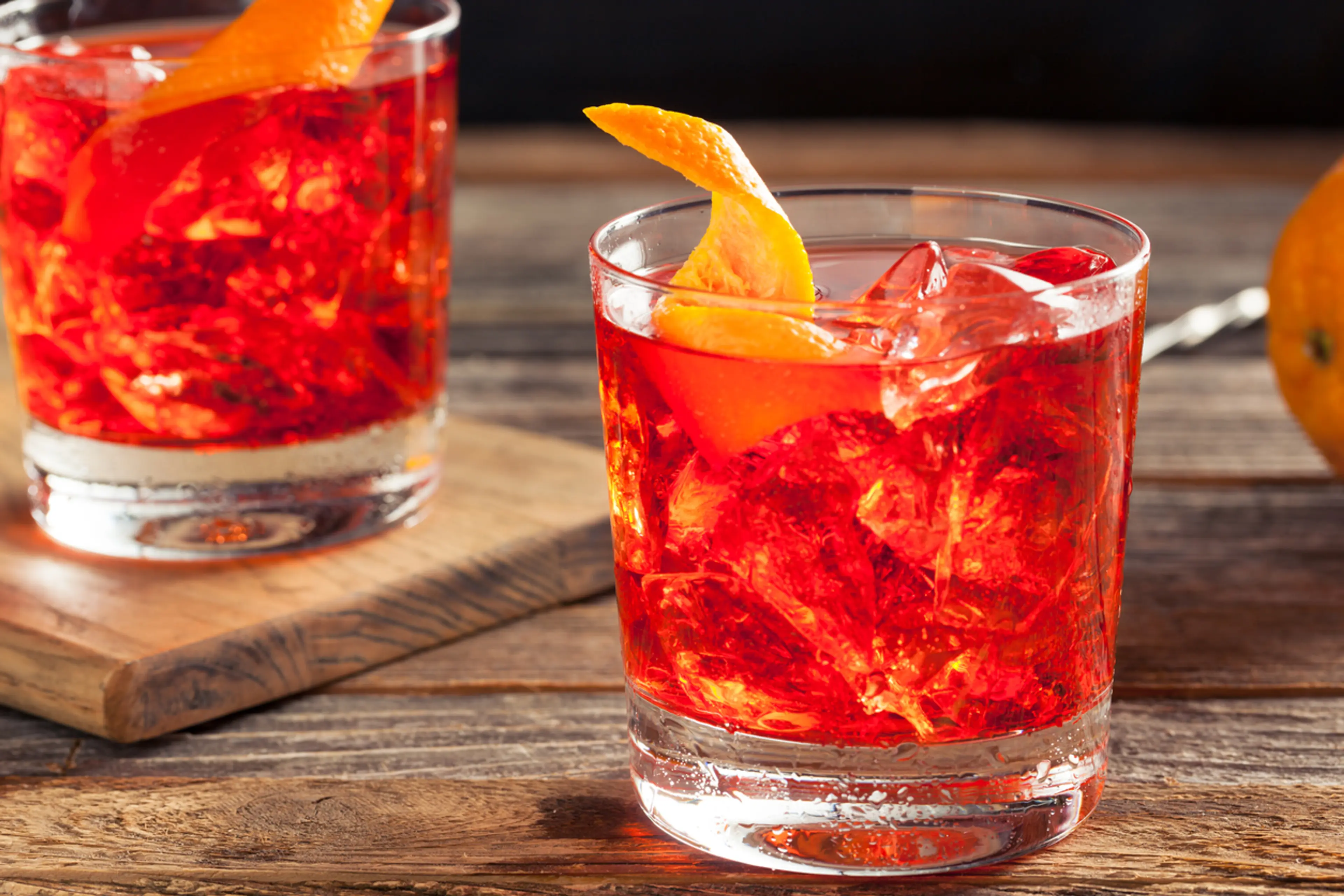
Campari
Campari is a famous Italian aperitif, originating from Milan. It's a bitter liqueur, often served with soda or in cocktails.
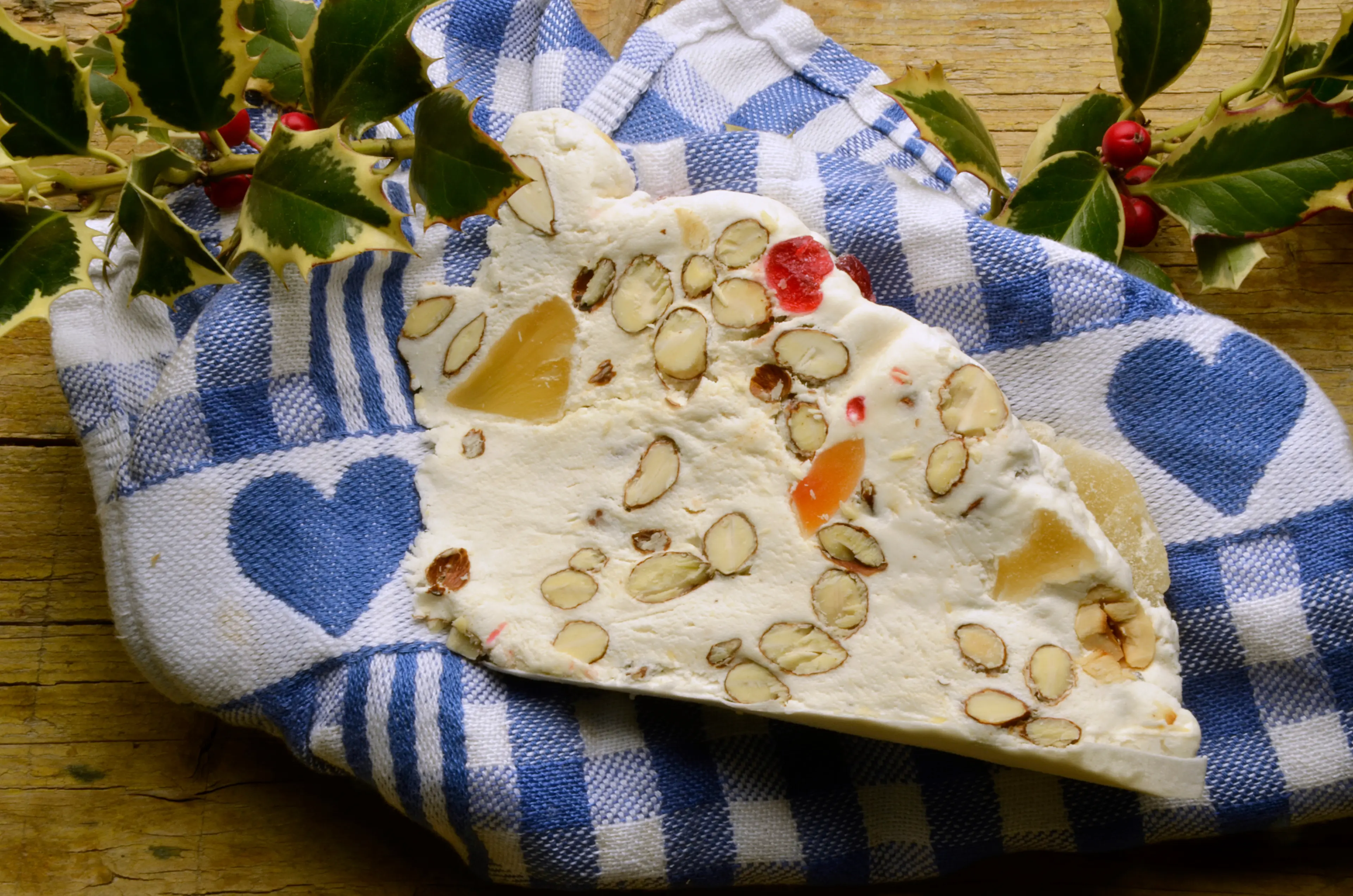
Torrone
Torrone is a nougat-like confection, typically made of honey, sugar, and egg white, with toasted almonds or other nuts, and usually shaped into either a rectangular tablet or a round cake. It's a popular sweet treat in Milan.
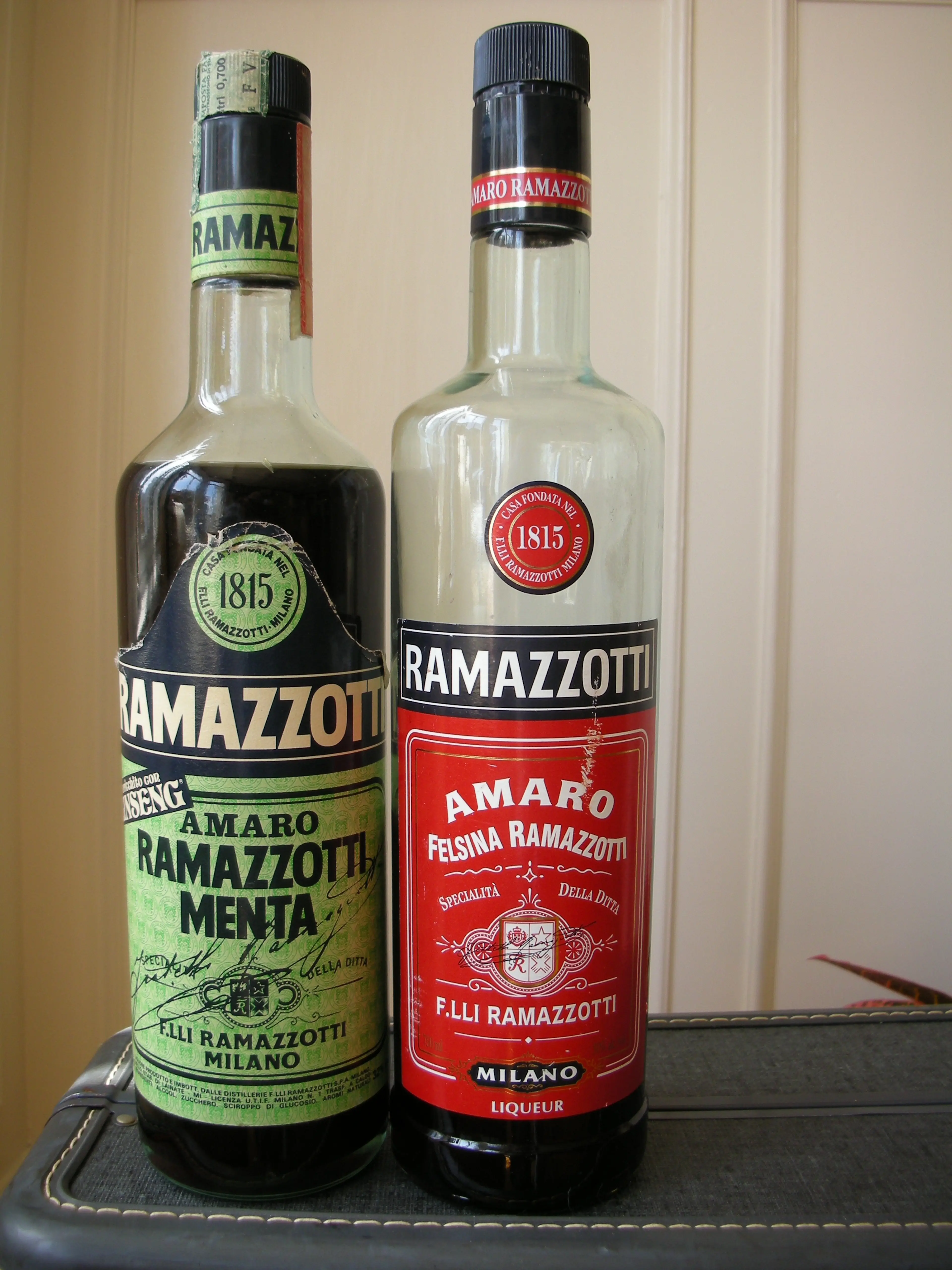
Amaro Ramazzotti
Amaro Ramazzotti is a popular Italian digestif, first concocted in Milan in 1815. It's a blend of 33 herbs and roots with a complex, bittersweet flavor.
Best time to visit
The best time to visit Milan, Italy, is during the spring (April to June) and fall (September and October). During these periods, the weather is generally pleasant, and the city is less crowded with tourists. These seasons also coincide with the Milan Fashion Week, which is a major event in the city. However, if you're interested in skiing, the winter months (December to March) would be ideal as the Italian Alps are just a short distance away.
How to get around
Public Transportation
Milan's public transportation system, ATM, is extensive and efficient, connecting all parts of the city. It includes buses, trams, and the Metro (subway). Tickets can be purchased at stations, kiosks, and online.
Taxi
Taxis are readily available throughout Milan. They can be hailed on the street, found at taxi stands, or booked in advance by phone or app. Always ensure the meter is running to avoid overcharging.
Ridesharing
Ridesharing services such as Uber are available in Milan. They can be a convenient option, especially if you're unfamiliar with the city or don't speak Italian. However, availability can vary and prices can surge during peak times.
Bicycle
Milan has a bike-sharing program called BikeMi. Stations are located throughout the city, and bikes can be rented for a small fee. This is a great way to see the city and get some exercise at the same time.
Foot
Many of Milan's attractions are within walking distance of each other, especially in the city center. Walking can be a pleasant way to explore the city, but be sure to wear comfortable shoes.
Car Rental
Renting a car can give you the freedom to explore Milan and the surrounding areas at your own pace. However, driving in Milan can be challenging due to heavy traffic and limited parking. Additionally, the city center is a Limited Traffic Zone (ZTL) where non-residents' vehicles are not allowed during certain hours.
Train
Milan's central train station, Milano Centrale, is one of the largest in Europe and offers connections to other Italian cities and international destinations. Within the city, the suburban train service, known as the Passante Ferroviario, can be a quick way to get around.
Scooter
Renting a scooter can be a fun and efficient way to get around Milan. Scooter-sharing services like Helbiz are available. However, this option is recommended for experienced riders only, as Milan's traffic can be intense.
Important information
Currency€ EUR
Time zoneUTC+1
Driving sideRight
Emergency phoneAmbulance: 112, 118; Fire: 112, 115; Police: 112, 113;
Drinking waterYes, but some opt for bottled water
Power sockets
Voltage230 V
Things to know about Milan, Italy as a first time visitor
1
Milan is located in the northern part of Italy, and it is the country's second most populous city.
2
The official language is Italian, but English is widely spoken in tourist areas and hotels.
3
The currency used in Milan is the Euro (€). Credit cards are widely accepted, but it's always good to have some cash on hand for smaller establishments.
4
Milan has a humid subtropical climate. Summers (June to August) can be hot and humid with temperatures ranging from 75°F to 95°F (24°C to 35°C). Winters (December to February) are cold and damp with temperatures ranging from 28°F to 45°F (-2°C to 7°C).
5
Tipping is not mandatory in Italy, but it is appreciated. A tip of 10% is considered generous.
6
Milan is in the Central European Time Zone (CET), which is 1 hour ahead of Coordinated Universal Time (UTC+1).
7
Milan has a well-developed public transportation system, including trams, buses, and a metro system. A single ticket costs €2 and is valid for 90 minutes.
8
Taxis can be expensive in Milan. It's recommended to use public transportation or walk when possible.
9
Milan is known for its fashion and design industries. The city hosts several international fashion weeks throughout the year.
10
Milan is also a major center for the performing arts, with numerous theaters and live music venues.
11
The city is generally safe, but like any major city, it's important to be aware of your surroundings and take precautions against pickpockets, especially in crowded areas.
12
Milan's cuisine is rich and varied, with specialties including risotto alla Milanese, ossobuco, and panettone.
13
Milan has a smoking ban in all public places, including bars and restaurants. Smoking is only allowed in designated outdoor areas.
14
The city has a vibrant nightlife, with many bars, clubs, and live music venues. Most places stay open until 2am or later.
15
It's customary to greet people with a handshake. Close friends and family members often greet each other with a kiss on both cheeks.
16
Shops in Milan often close for a few hours in the afternoon, usually from 1pm to 3:30pm.
17
Milan is a busy city and can be quite noisy, especially in the city center. If you're a light sleeper, consider bringing earplugs.
18
The city has a tourist tax which is usually included in the hotel bill. The amount varies depending on the type of accommodation.
19
Milan's tap water is safe to drink and is of high quality. However, bottled water is readily available if you prefer.
20
It's important to dress respectfully when visiting churches and other religious sites. This often means covering your shoulders and knees.
Basic Italian to know as a first time visitor
English phrase | Native phrase | Pronunciation | When to use it |
|---|---|---|---|
Hello | Ciao | Chow | Greeting someone |
Goodbye | Arrivederci | Ah-ree-veh-der-chee | Leaving someone |
Please | Per favore | Per fa-voh-re | Making a request |
Thank you | Grazie | Gra-tsee-eh | Showing gratitude |
Yes | Si | See | Agreeing with someone |
No | No | No | Disagreeing with someone |
Excuse me | Scusa | Skoo-sah | Getting someone's attention |
I'm sorry | Mi dispiace | Mee dis-pee-ah-che | Apologizing |
Do you speak English? | Parli inglese? | Par-lee in-gle-se | Asking if someone speaks English |
I don't understand | Non capisco | Non ka-pee-sko | When you don't understand something |
Where is...? | Dove è...? | Doh-veh eh | Asking for directions |
Bathroom | Bagno | Bahn-yo | Looking for a bathroom |
Help | Aiuto | Ah-yoo-toh | In an emergency |
Food | Cibo | Chee-bo | Looking for food |
Water | Acqua | Ah-kwa | Asking for water |
Beer | Birra | Beer-ra | Ordering a beer |
Wine | Vino | Vee-no | Ordering wine |
Check, please | Il conto, per favore | Il con-toh, per fa-voh-re | Asking for the bill |
How much does it cost? | Quanto costa? | Kwan-toh costa | Asking for the price |
Good night | Buonanotte | Bwo-na-not-te | Saying goodnight |
Packing List
Clothing
Underwear (3 pairs)
Socks (3 pairs)
T-shirts (3)
Pants/Jeans (2 pairs)
Comfortable walking shoes
Sleepwear
Light jacket or sweater
Swimwear (if applicable)
Accessories (hat, sunglasses, jewelry)
Toiletries
Toothbrush and toothpaste
Deodorant
Razor and shaving cream
Shampoo and conditioner
Body wash or soap
Face wash and moisturizer
Makeup and makeup remover
Sunscreen
Prescription medications
First-aid kit (band-aids, antiseptic wipes, tweezers)
Travel documents and essentials
Passport
Driver's license or ID card
Credit and debit cards
Cash and coins
Hotel and/or car rental reservations
Travel insurance documents
Emergency contacts and important addresses
Electronics and gadgets
Smartphone
Charger for smartphone
Headphones
Camera
Charger for camera
Power adapter (Italy uses type L plug)
Portable power bank
Miscellaneous items
Travel pillow and blanket
Earplugs and eye mask
Snacks
Water bottle
Books or e-reader for entertainment
Travel guide and map
Notebook and pen
Umbrella
Weather Conditions
When visiting Milan, Italy, it's important to be aware of the city's weather patterns to make the most of your trip. Milan has a humid subtropical climate, with hot, humid summers and cold, foggy winters. During the summer months, from June to August, temperatures can reach up to 86°F (30°C). It's also the city's wettest season, so be sure to pack a raincoat or umbrella. The high humidity can make the heat feel more intense, so lightweight, breathable clothing is recommended. Don't forget your sunscreen, sunglasses, and a hat to protect yourself from the sun. In the winter months, from December to February, temperatures can drop to around 32°F (0°C). Snowfall is rare but possible, so if you're visiting during this time, pack warm clothing, including a heavy coat, gloves, and a hat. The fog can also be quite thick, reducing visibility, so be cautious when exploring the city. The shoulder seasons, spring (March to May) and autumn (September to November), offer milder temperatures and fewer tourists. During these periods, temperatures can range from 50°F to 71°F (10°C to 22°C). These seasons can be unpredictable, with sudden rain showers or temperature changes, so it's a good idea to pack layers and always carry an umbrella. Regardless of when you visit, keep an eye on the local weather forecast to help plan your activities. For example, on hot summer days, you might want to visit indoor attractions like museums and galleries during the hottest part of the day. On cooler, rainy days, explore Milan's many cafes and shops. Remember, the weather shouldn't dampen your spirits or your experience in this beautiful city!
| Month | Hi / Lo (°C) | Weather Overview |
|---|---|---|
January | 12° / -1° | January is the coldest month in Milan, with temperatures often dropping below freezing. It's also a relatively dry month, so pack warm clothing. |
February | 13° / 0° | February is still quite cold, but temperatures start to rise slightly. It's a good time to visit if you want to avoid the tourist crowds. |
March | 18° / 4° | March sees the beginning of spring, with temperatures starting to warm up. However, it can still be quite chilly, especially in the evenings. |
April | 22° / 8° | April is a pleasant month to visit Milan, with mild temperatures and plenty of sunshine. It's also the start of the tourist season. |
May | 26° / 12° | May is a beautiful month to visit Milan, with warm temperatures and lots of sunshine. The city is in full bloom and the streets are bustling with activity. |
June | 30° / 16° | June is the start of summer in Milan, with high temperatures and long, sunny days. It's a great time to visit if you enjoy hot weather. |
July | 33° / 18° | July is the hottest month in Milan, with temperatures often exceeding 30°C. It's a great time to visit if you enjoy hot, sunny weather. |
August | 33° / 18° | August is another hot month in Milan, with temperatures similar to July. It's a great time to visit if you enjoy the heat, but be prepared for occasional thunderstorms. |
September | 28° / 14° | September is a pleasant month to visit Milan, with temperatures starting to cool down. The city is less crowded than in the summer months, making it a great time to explore. |
October | 23° / 9° | October sees the start of autumn in Milan, with cooler temperatures and changing foliage. It's a beautiful time to visit, but pack some warmer clothing for the evenings. |
November | 17° / 4° | November is a relatively quiet month in Milan, with cooler temperatures and fewer tourists. It's a good time to visit if you prefer a more relaxed pace. |
December | 13° / 0° | December is a cold month in Milan, with temperatures often dropping below freezing. It's a festive time to visit, with Christmas markets and holiday decorations throughout the city. |
Did you know?
Places near by Milan, Italy

Lake Como
A beautiful lake known for its dramatic scenery, set against the foothills of the Alps.

Verona
A city in northern Italy’s Veneto region, with a medieval old town built between the meandering Adige River. It’s famous for being the setting of Shakespeare’s 'Romeo and Juliet.'

Bergamo
A city in the alpine Lombardy region of northern Italy, distinguished by its Venetian walls (Città Alta).

Turin
Known for its refined architecture and cuisine, Turin is the capital city of Piedmont in northern Italy.

Lugano
A town and a municipality in southern Switzerland in the Italian-speaking canton of Ticino bordering Italy.

Genoa
A port city and the capital of northwest Italy's Liguria region.

Bologna
The capital and largest city of the Emilia-Romagna region in Northern Italy.

Venice
Venice, the capital of northern Italy’s Veneto region, is built on more than 100 small islands in a lagoon in the Adriatic Sea.

Zurich
The largest city in Switzerland and the capital of the canton of Zürich.

Munich
Bavaria’s capital, is home to centuries-old buildings and numerous museums.